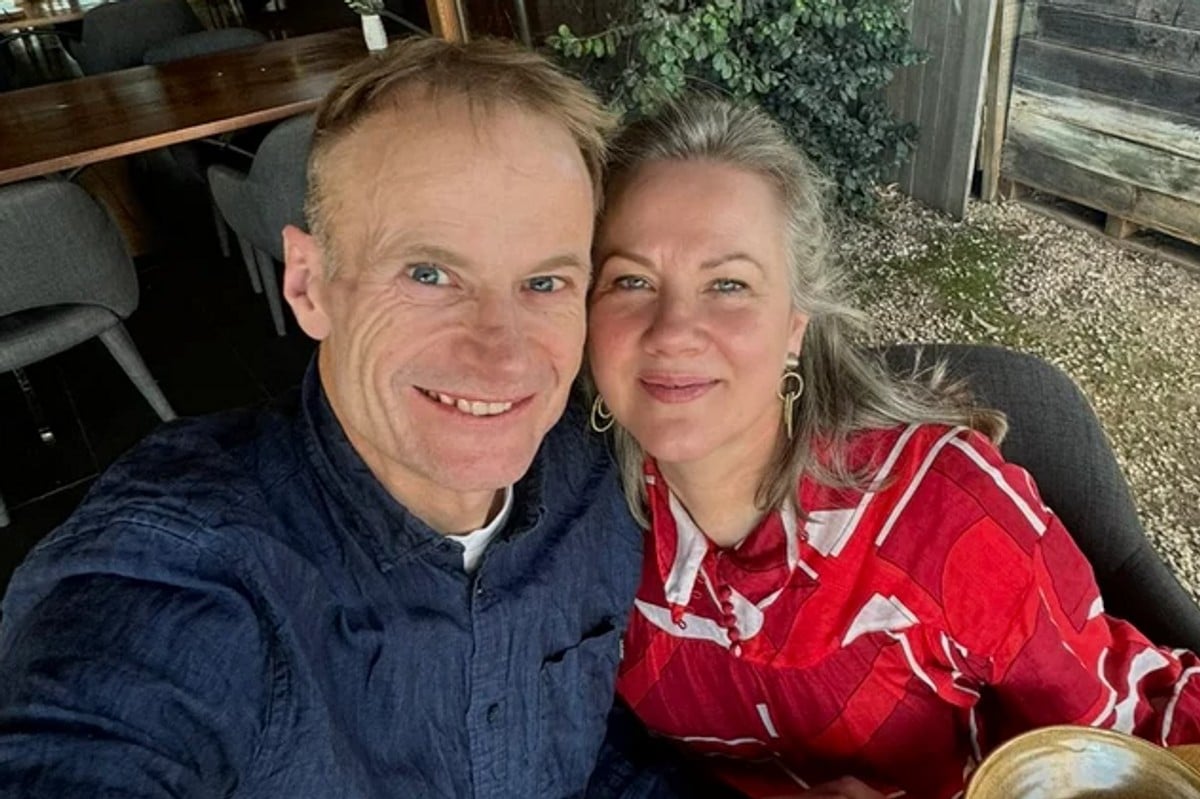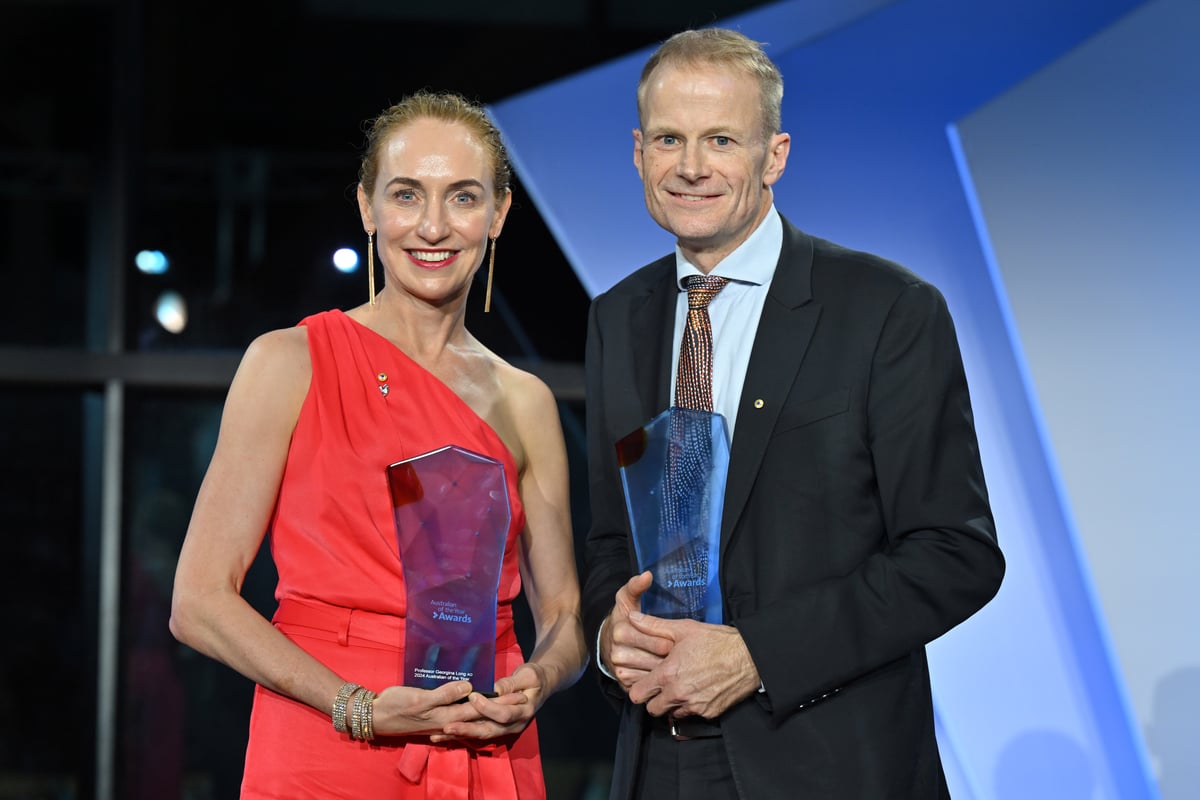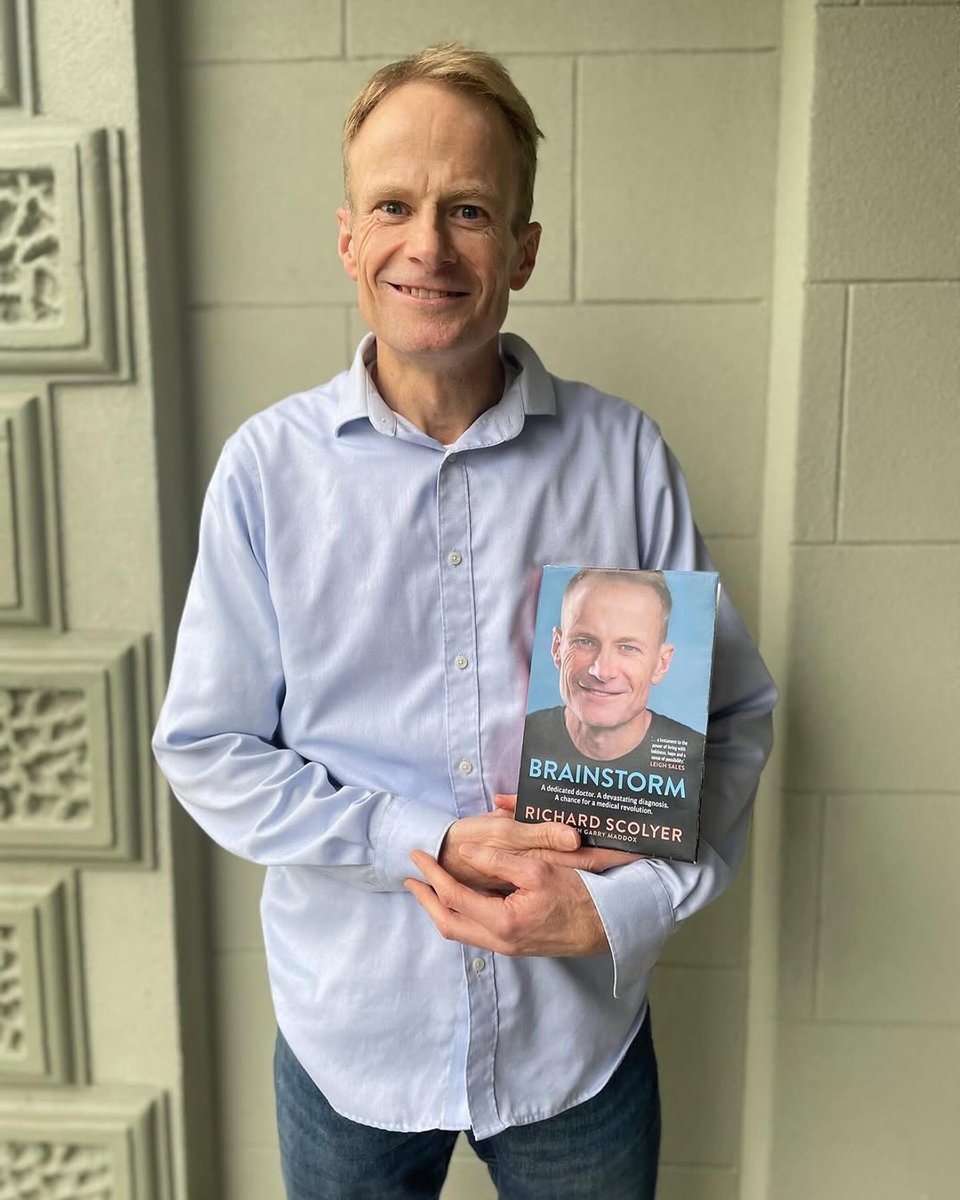
For years, Richard Scolyer dedicated his life to saving others.
The renowned pathologist's melanoma research has helped thousands of people and earned him the accolade of Australian of the Year in 2024.
In his personal life, Scolyer considers himself "rich". He has a loving wife, Katie, three incredible kids, and was in peak physical condition, competing as an endurance athlete across the world. Life was good.
Until one day in May 2023, when everything changed.
Scolyer was in a hotel room in Krakow, Poland when he suddenly lost consciousness and started convulsing.
A trip to hospital delivered the kind of news no one ever wants to hear: he had a brain tumour.
Twelve days later, a biopsy in Sydney confirmed the worst. It was an aggressive grade 4 IDH-wildtype glioblastoma — an incurable tumour. "The worst of the worst" brain cancer. He was given just six to nine months to live.
Suddenly, his world collapsed. Future plans disappeared. His life was now measured in months and weeks.
"I didn't want to die. I loved my life," he wrote in his memoir, Brainstorm.
But then, Scolyer did something extraordinary.
Watch: Professor Ricahrd Scolyer talks about defying his cancer prognosis. Post continues below.






























































































